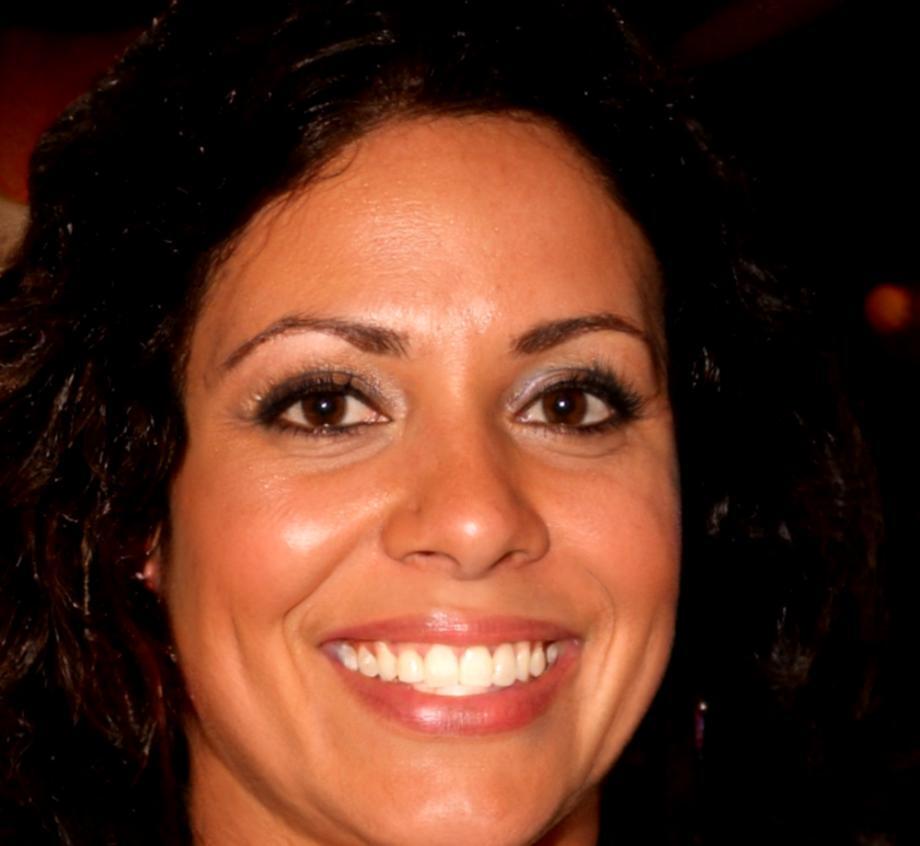Your Questions Answered
Real answers from our team about financial analysis training, program structure, and what you can expect from your learning journey with us.
Most Asked Questions
These are the questions we hear most often from students considering our programs or currently enrolled.
Our comprehensive program runs for 8-10 months, designed to fit around your current schedule. Most students spend about 12-15 hours per week on coursework and practical exercises.
Students typically see meaningful progress in their analytical skills within the first 6-8 weeks. We've structured the curriculum so you're applying new concepts immediately rather than just memorizing theory.
You'll work extensively with Excel for financial modeling, Python for data analysis, and SQL for database management. We also cover specialized tools like Tableau for visualization and Bloomberg Terminal basics.
Don't worry if you're starting from zero with these tools. Our approach builds your skills gradually, and you'll have plenty of practice time with each platform before moving to advanced techniques.
You'll analyze real company financial statements, build valuation models for actual businesses, and create investment recommendations. Recent projects included analyzing Thai bank performance and evaluating renewable energy investments in Southeast Asia.
Each project reflects current market conditions and real business challenges. This isn't hypothetical work – you're solving the same problems professional analysts face daily.
Not at all. About 40% of our students come from non-finance backgrounds. We start with fundamentals and build complexity gradually. What matters more is your willingness to engage with numbers and think analytically.
We've had successful students with backgrounds in engineering, marketing, operations, and even arts. The key is curiosity about how businesses really work financially.
You'll have direct access to instructors through weekly office hours, plus a dedicated discussion forum where students help each other. We also provide one-on-one sessions when you need extra help with challenging topics.
Most questions get answered within a few hours during business days. The community aspect is strong – students often form study groups and continue supporting each other long after graduation.

Quick Topics
Student Experiences
Real feedback from students who've completed our programs and applied their skills in professional settings.

The Excel modeling section completely changed how I approach financial data. I went from basic spreadsheet user to building complex DCF models that my manager now uses for client presentations.

What surprised me most was how practical everything was. Within three months, I was using the ratio analysis techniques to evaluate suppliers for my company. The instructors really understand real-world applications.

I loved the project-based approach. Analyzing actual Thai companies made the concepts stick better than any textbook could. Plus, the Python skills opened doors I didn't expect in data-driven finance roles.


Still Have Questions?
Our program advisors are here to help you understand if this training fits your goals. We can walk you through the curriculum, discuss your background, and help you plan your learning path.
Talk With Our Team